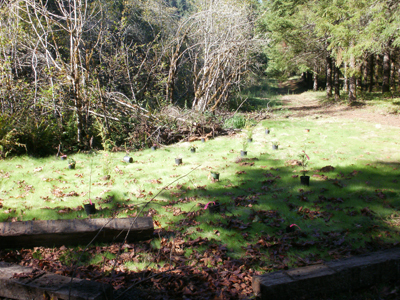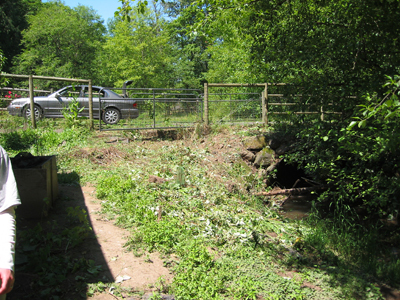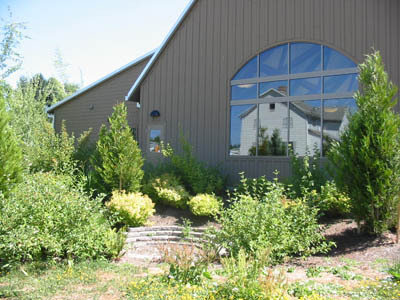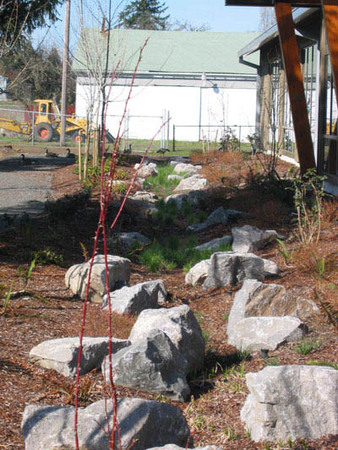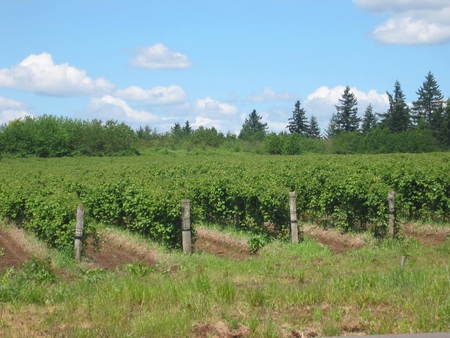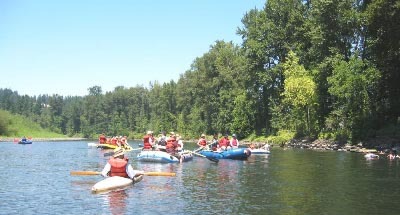Keeping our water clean is important for a number of reasons. Nearly 400,000 people drink the water from the Clackamas River every day. The Clackamas also provides a place for thousands of people to swim, boat, and play — not to mention a home for endangered fish and wildlife.
We’ve compiled a list of simple tips you can use to keep the river cleaner for all of us. You may notice that some of the tips are related to conserving water quantity, and wonder how that can impact water quality. Reduced stream flows can concentrate pollutants, lowering water quality. Shallow rivers are also more easily heated than their deep counterparts. Higher temperatures are linked to lower amounts of oxygen in the river.
